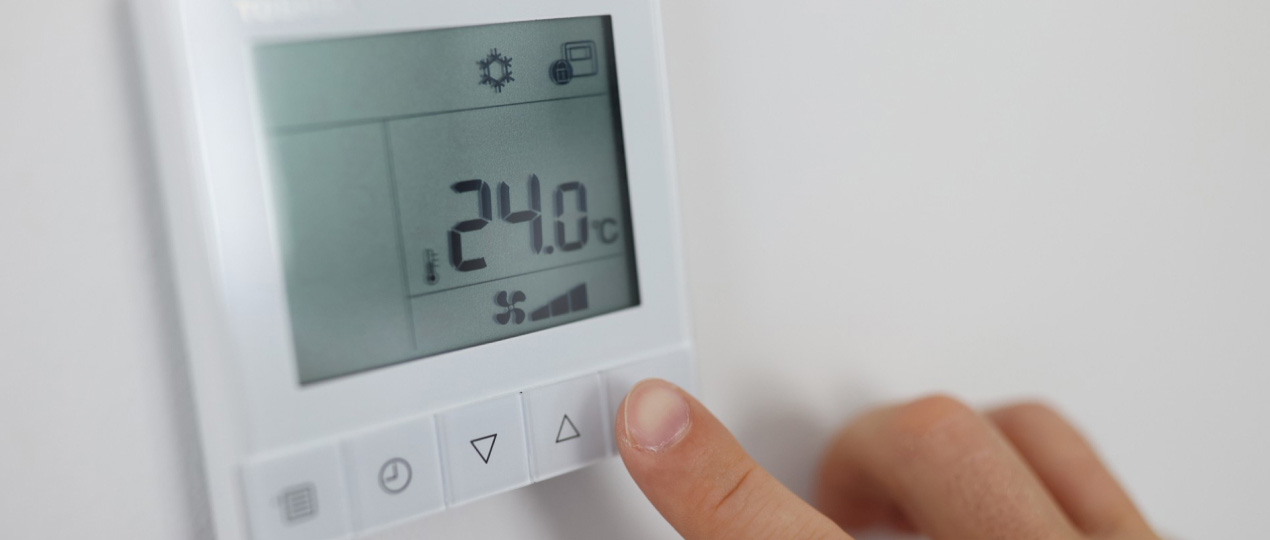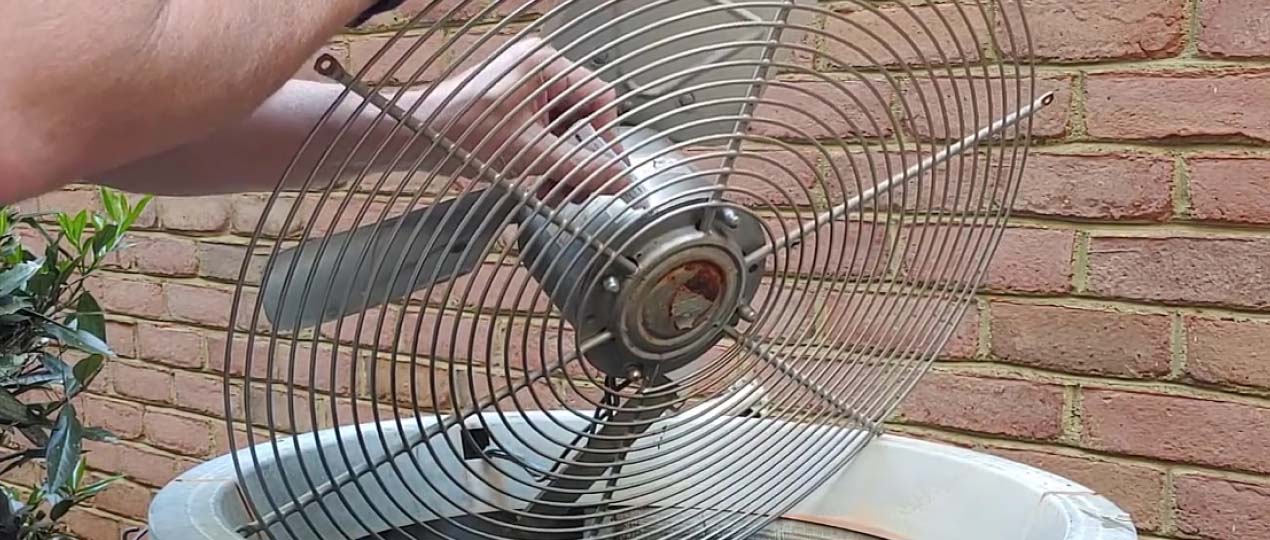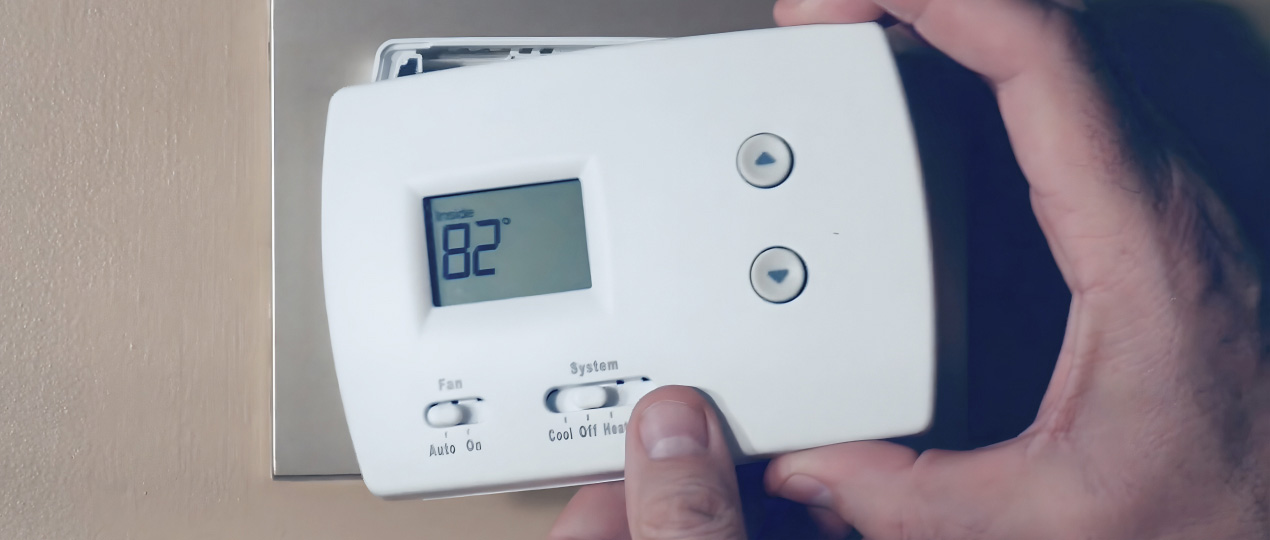
Electrical components allow air conditioning systems to turn on, power motors, and regulate performance. However, worn contacts, faulty wiring, and poor connections can cause troublesome AC electrical problems.
The most common electrical problems that disrupt AC operation:
- Blown fuses due to short circuit, voltage surges, age
- Circuit breakers tripping due to overcurrent and insufficient wiring length
- Burnt transformer windings due to power surges
- Short circuit in the fan motor windings, preventing rotation
- Corroded/loose wiring that intermittently interrupts signals
Ways To Address AC Electrical Problems

To begin your electrical troubleshooting, check your home’s voltage input and the AC’s power supply. Check the fuses and measure the capacity. Check the connections for corrosion and tightness in areas subject to vibration, such as the contactor.
Check the capacitor with a multimeter to make sure it is working properly and replace it if necessary. If the problem persists, contact a professional HVAC technician for further diagnosis and repair.
When To Contact A Professional?
As a homeowner, it’s helpful to learn the basics of electrical troubleshooting to tackle simple connectivity issues in your air conditioning equipment. You can replace fuses, breakers, contactors, and capacitor starting components to restore comfort quickly.
However, more complex AC electrical issues such as shorts and burnt windings are best left to experienced HVAC technicians who have the tools and knowledge to diagnose and correct problems safely.
Trust us to provide cost-effective and long-lasting solutions for any HVAC issue.
Order the best specialist in Canada Now (866) 545-6460






